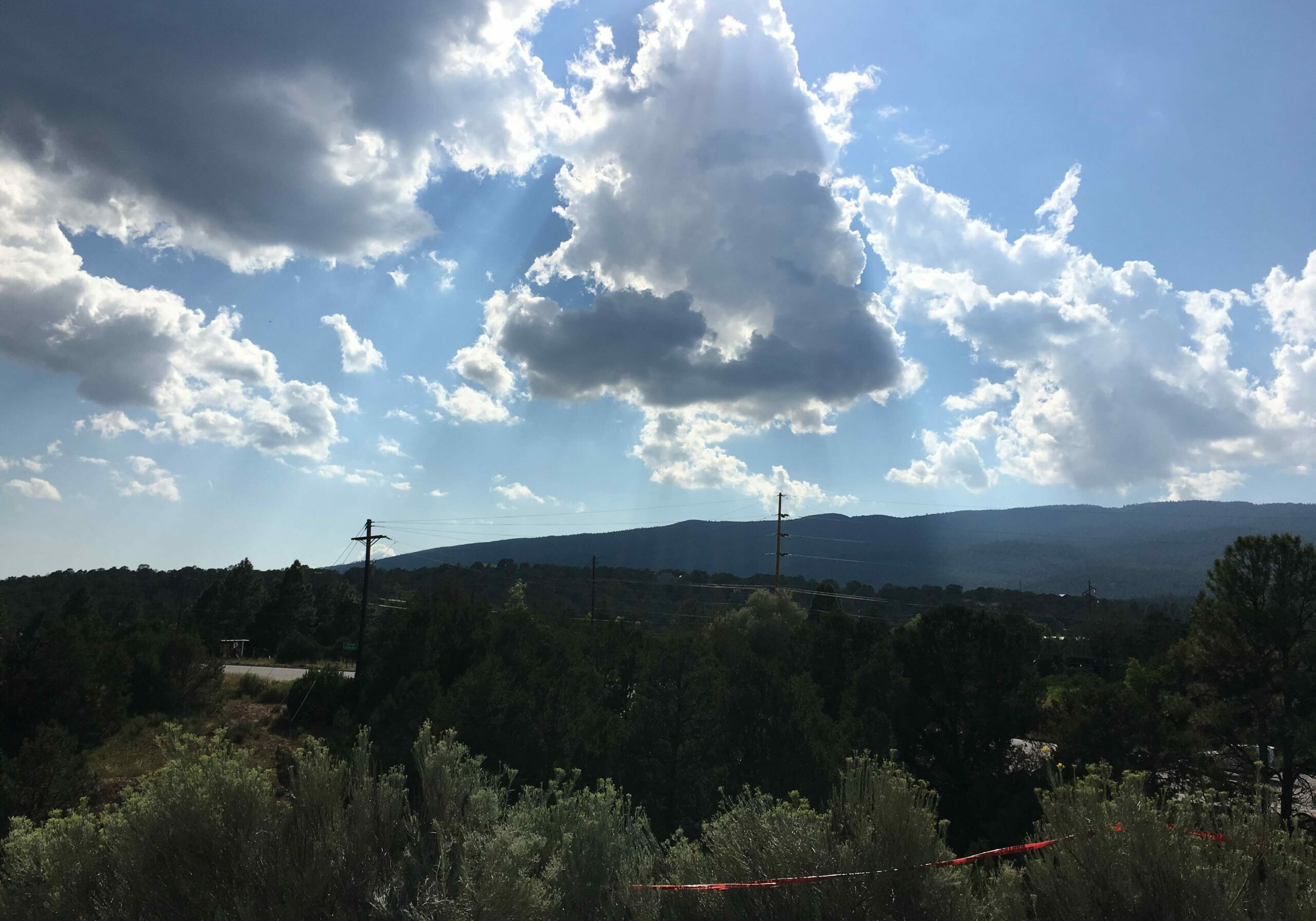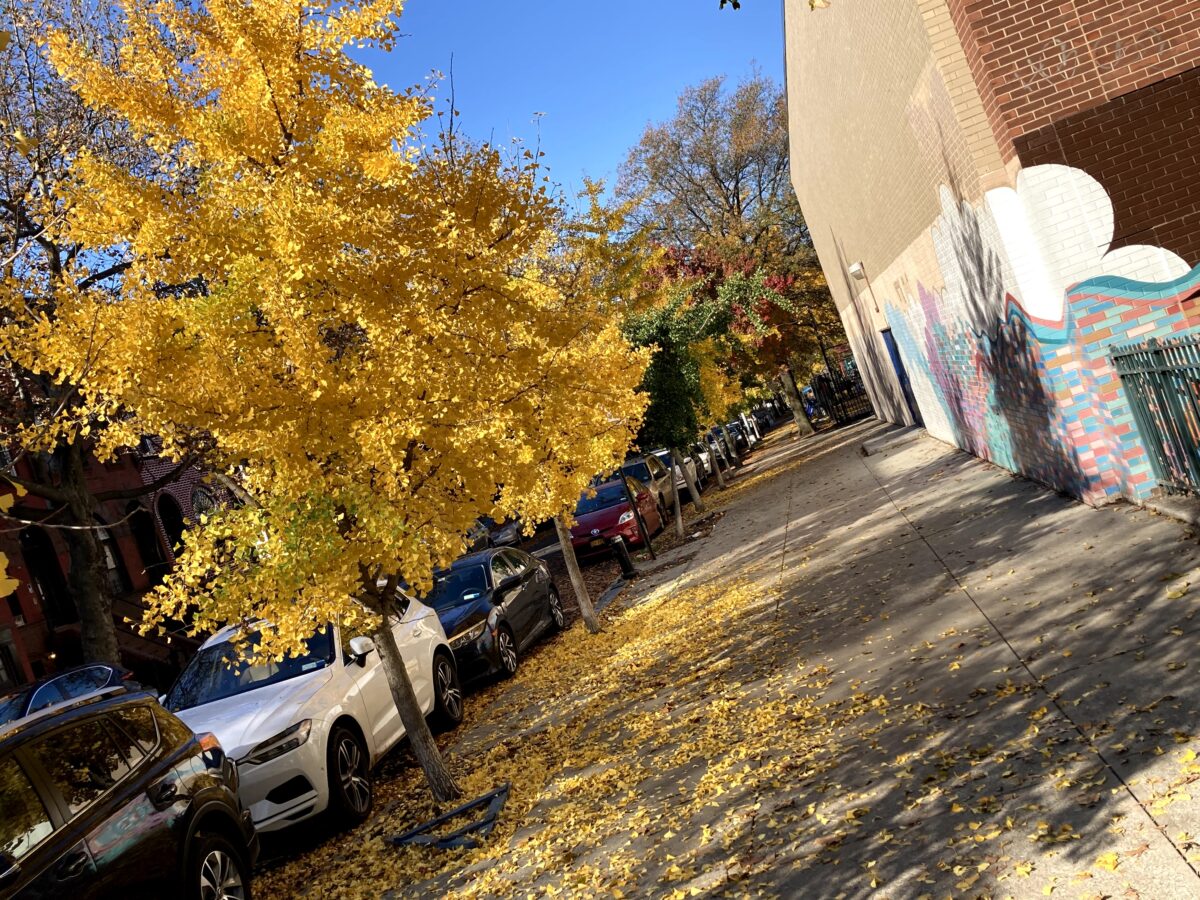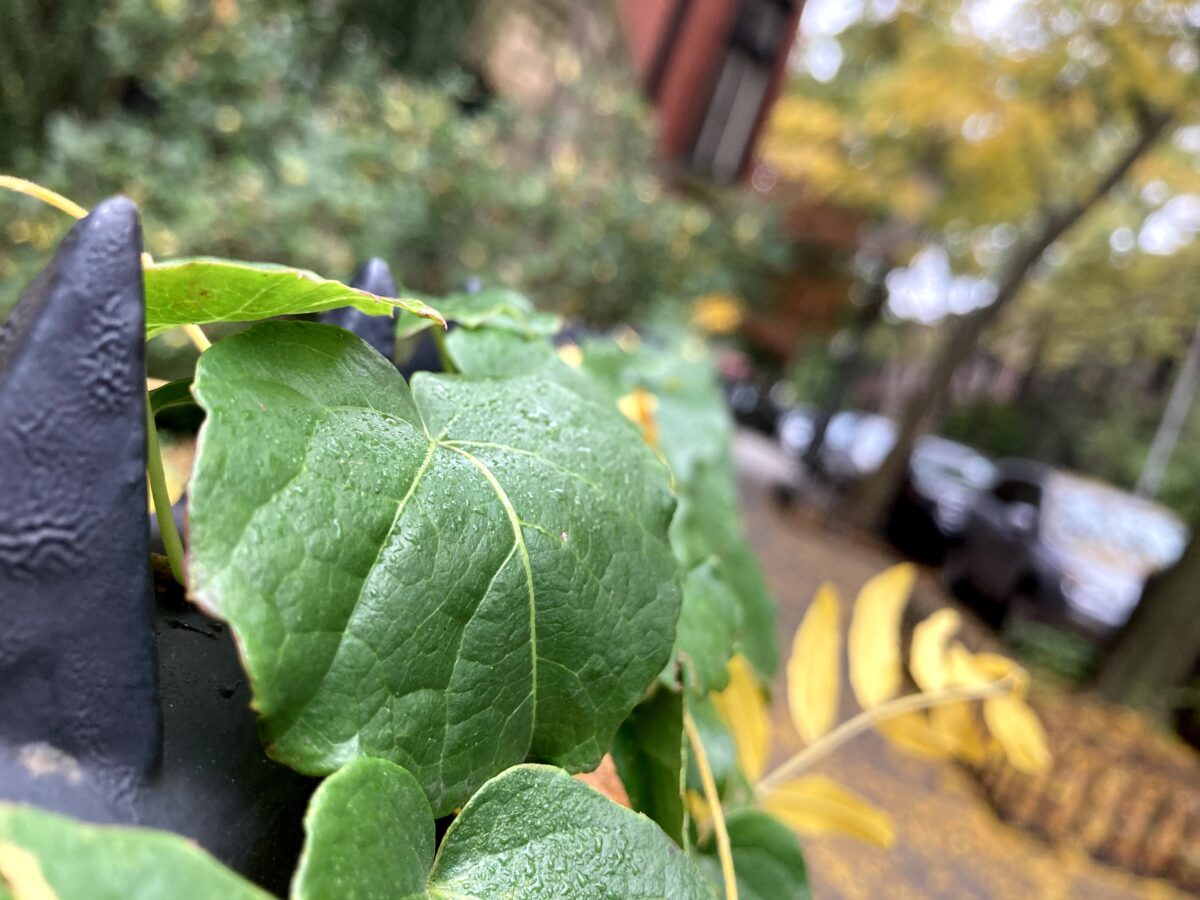August 28, 2024
The act of gratitude that finishes the labor

Two years into my career as an author and public speaker, a friend of mine asked me to give a speech at his writers group.
But it wasn’t a talk about my adventures of wearing a nametag every day. He wanted me to share reflections and insights about my experiences from a business perspective.
How do you organize your creative material? How do you build a brand that sticks? How do you create the leverage to turn one opportunity into ten?
It sounded like an interesting challenge, and frankly, I needed the practice.
So I spent a few weeks putting together an outline. Reverse engineering both my successes and failures, in a way that would be useful to others.
And believe it or not, I still have a copy of the handout from my presentation. There must have been twenty people in the audience that night, tops. But all things considered, it went pretty well. I definitely made some inappropriate jokes that didn’t land, but then again, I was the youngest person in the room by fifteen years.
What I remember most about that night was driving home after the event. Because it was the first time that I realized, oh wow, it feels really satisfying to share my knowledge. In a way that’s different from merely telling stories.
In fact, I wonder if it’s some kind of moral obligation to do so. Maybe offering our thinking is an act of gratitude that finishes the labor.
Campbell proved that this final act was part of the hero’s journey. The monomyth ends when the hero returns with the elixir. It’s their triumphant homecoming. The ultimate boon. This character got what they wanted from the journey, even if they didn’t realize what it was at the outset. The transformative experience changed what it was like to be them, and now the prize for completing the ordeal, either a physical artifact, insight or a philosophy, must be given back to the ordinary world. The hero’s return brings fresh hope to those left behind.
Do you know what it feels like to be the carrier of that kind of generosity? What is the elixir you are returning with?
The difficult part about this practice is, most of us undervalue our own knowledge. We don’t realize that our insights and processes are worth sharing. And we get insecure about exposing our methods. Fearing vulnerability, criticism, judgment, or even backlash.
For all we know, sharing might destroy our ethos as these unique, independent, competitive people.
That’s the risk. We have to trust that distributing our intellectual wares freely to others, for its own sake, and taking pleasure in doing so, is a net positive activity.
What gift will you give to finish the act of labor?

